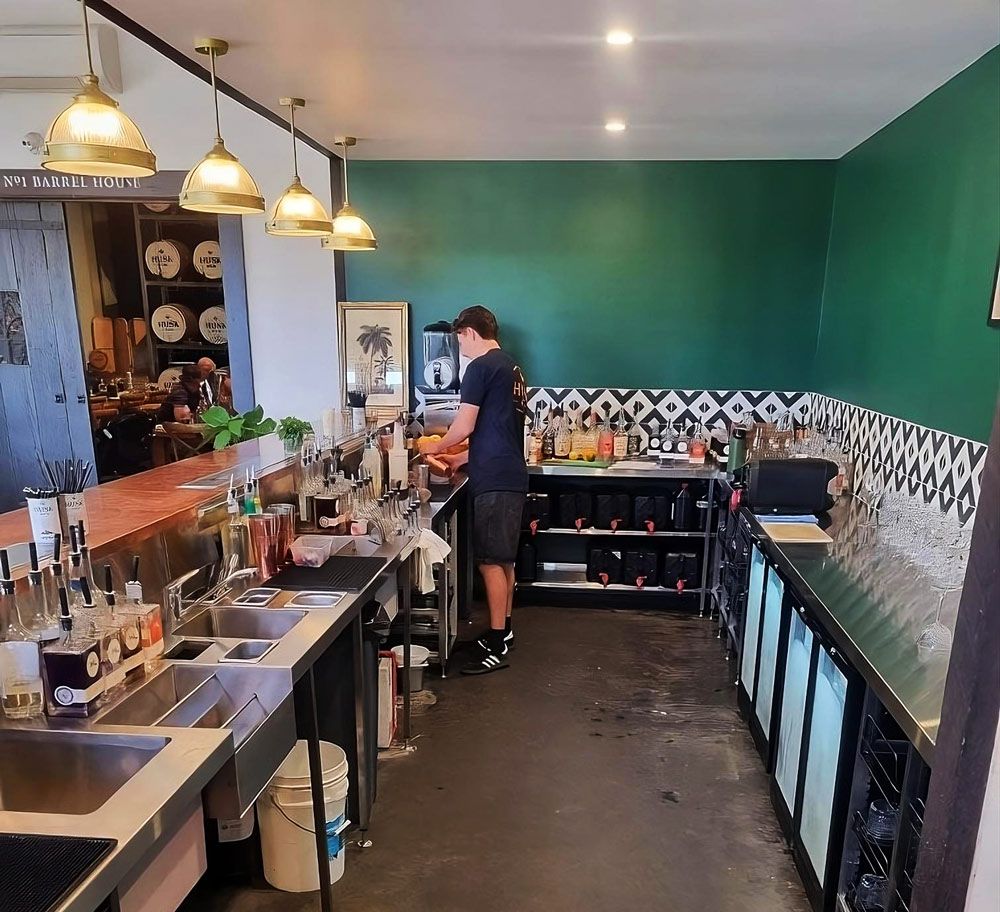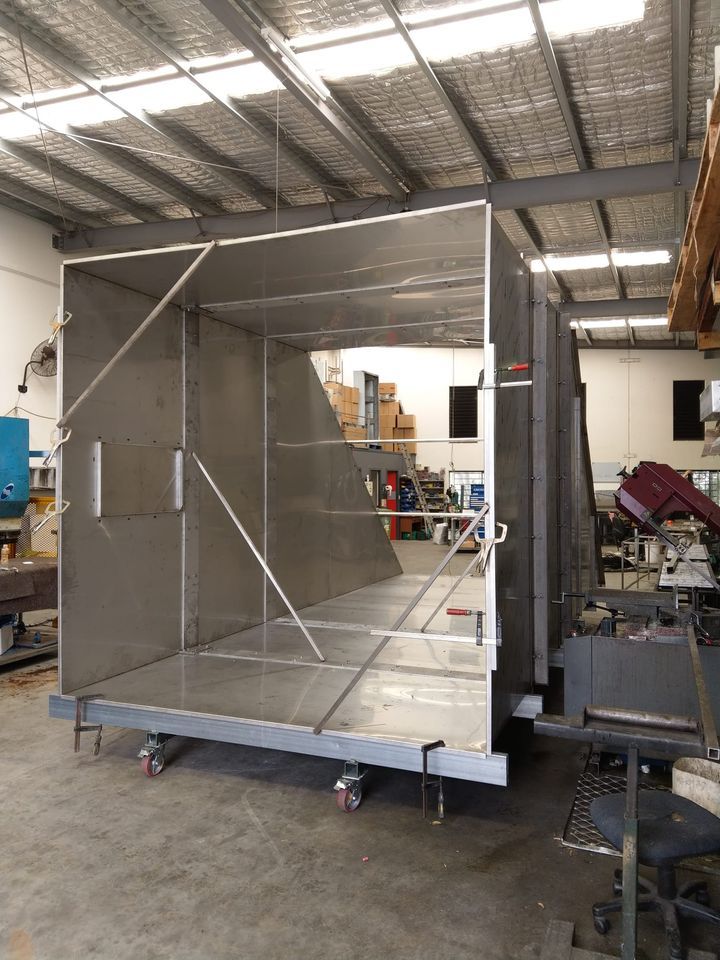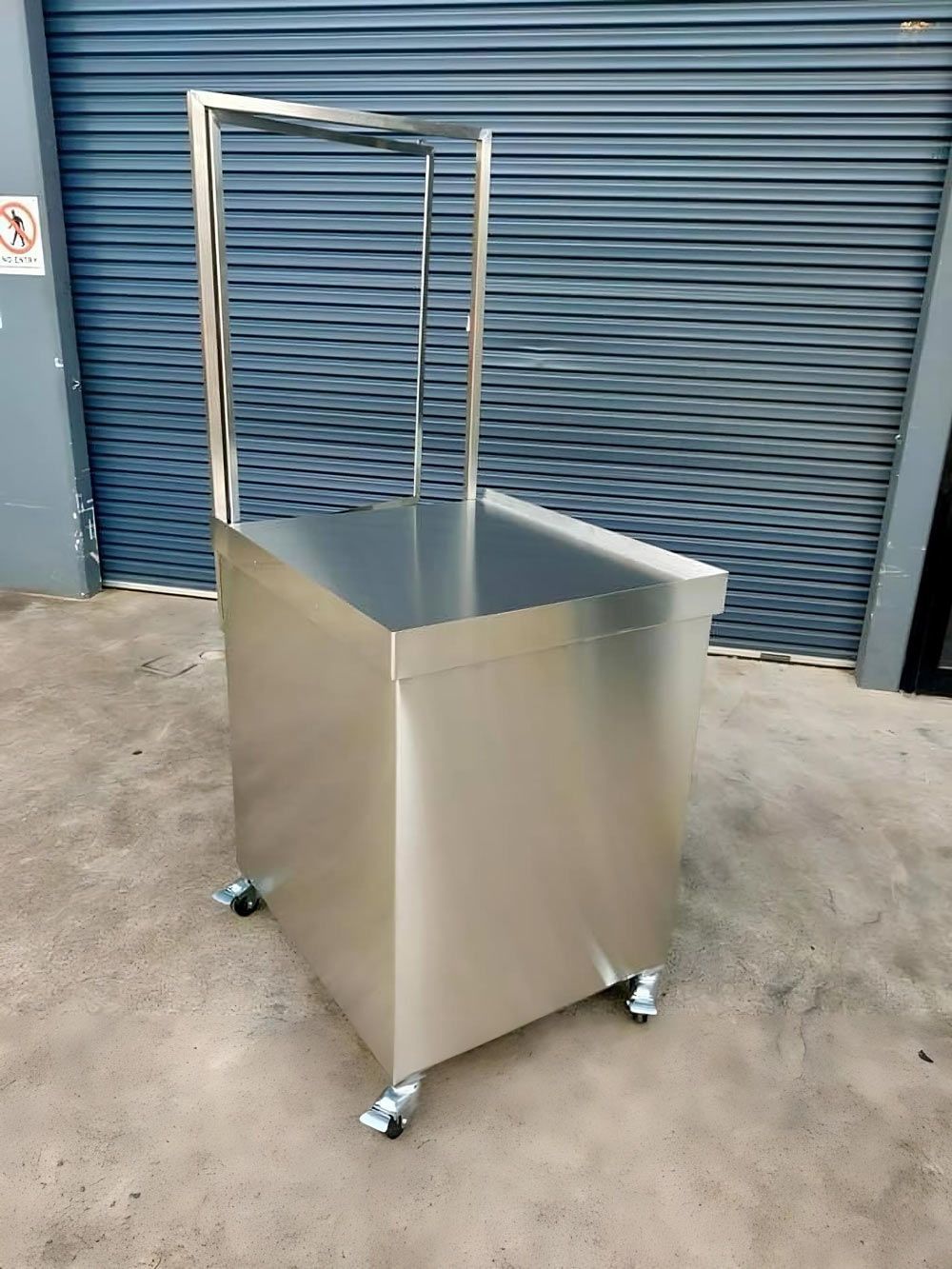Common Causes Of Pipe Corrosion
Corrosion is considered the "silent killer" of plumbing. It's crucial that homeowners understand the dangers corrosion can pose, and its consequences. We've put together this helpful guide to explore the common causes of pipe corrosion, how you can recognise it, and what you can do to minimise its impact.
Table of Contents
Understanding Corrosion
Corrosion in plumbing involves the breakdown of a pipe's metal interior after it comes in contact with water. A pipe starts to deteriorate as particular physical and chemical reactions occur. This breakdown compromises the quality of the pipe, leading to the overall failure of the plumbing system.
In addition to pipe failure, corrosion leads to several negative consequences. Copper corrosion can cause blue staining which can damage your sink, bathtub and fixtures, and might even stain your laundry or your hair. A corroded pipe will almost always damage your heaters, appliances and fixtures and might render your water undrinkable.
Common Causes Of Corrosion
Pipe corrosion has several causes, but all result in a dangerous breakdown of your pipework. Any concerns regarding corrosion should be addressed by a professional plumber.
pH Levels
A pH level lower than 7 indicates acid. If your water is acidic, it will quickly corrode your pipes. You can test the pH of your water to determine whether your pipes are at risk.
Oxygen Levels
Corrosion can result from high quantities of dissolved oxygen. If water has a low pH level, it's likely over-oxygenated. As a result, it will be damaging your pipes much more quickly.
Chemical Composition
Minerals present in your water, particularly calcium and sodium, can lead to corrosion.
Temperature
If your water becomes hot, your pipes will corrode more quickly.
Velocity
Corrosion may be caused by high water velocity relative to your pipe's size. Corrosion might be more severe if the water is hotter than normal.
Bacteria
Bacterial corrosion, also known as microbiologically influenced corrosion (MIC) can lead to pipe failure in a short space of time. This sort of corrosion is caused by the presence of microorganisms such as sulphate or iron bacteria.
Sediment
Sand, sediment and grit can lead to a breakdown of your pipes through hydraulic wear. These materials act almost like a sander wearing down the inside layers of your pipes.
Preventing And Resolving Corrosion
If your home is over 25 years old, it's more likely to have corroded pipework. As a result, you should monitor your home for the warning signs of corrosion. Assess your exposed pipework for discolouration, staining, dimpling and flaking. Inspect your home for any leaks, and assess your water's smell, pressure and colour. Anything unusual should be inspected further by a professional plumber. They will be able to accurately diagnose the problem and present the best action plan for your home. In some instances, you might need to replace your pipes, use a water softener, or install a reverse-osmosis unit to prevent or manage corrosion.
Need Reliable Steel Products? Choose Sheetmetal Improvements & Design
For quality
sheet metal products at affordable prices,
Sheetmetal Improvements & Design has the answer. Based in the Gold Coast, we offer a range of
fabrication, pressing,
welding and
laser cutting services to suit a range of projects and industries. Simply give us a call on
(07) 5593 4183 to learn more about what we do or to request a quote.
SITE LINKS
LICENSES
ABN: 26 699 030 510
Australian Industry Standard Certification Compliance
WHAT WE DO
LOCATIONS WE SERVICE
OPERATING HOURS
- Monday
- -
- Tuesday
- -
- Wednesday
- -
- Thursday
- -
- Friday
- -
- Saturday
- Closed
- Sunday
- Closed
CONTACT INFORMATION
LICENSES
ABN: 26 699 030 510
Australian Industry Standard Certification Compliance







